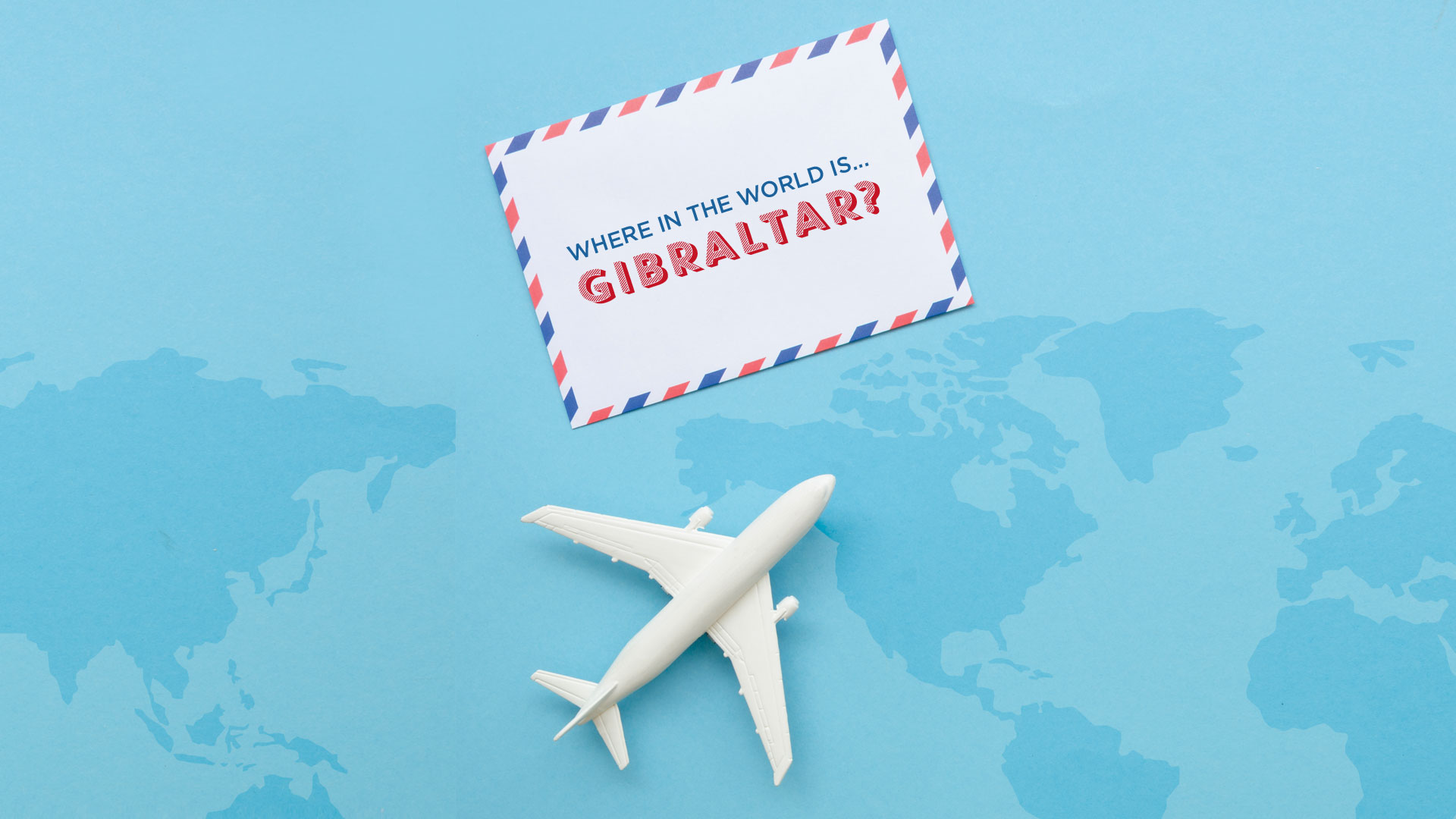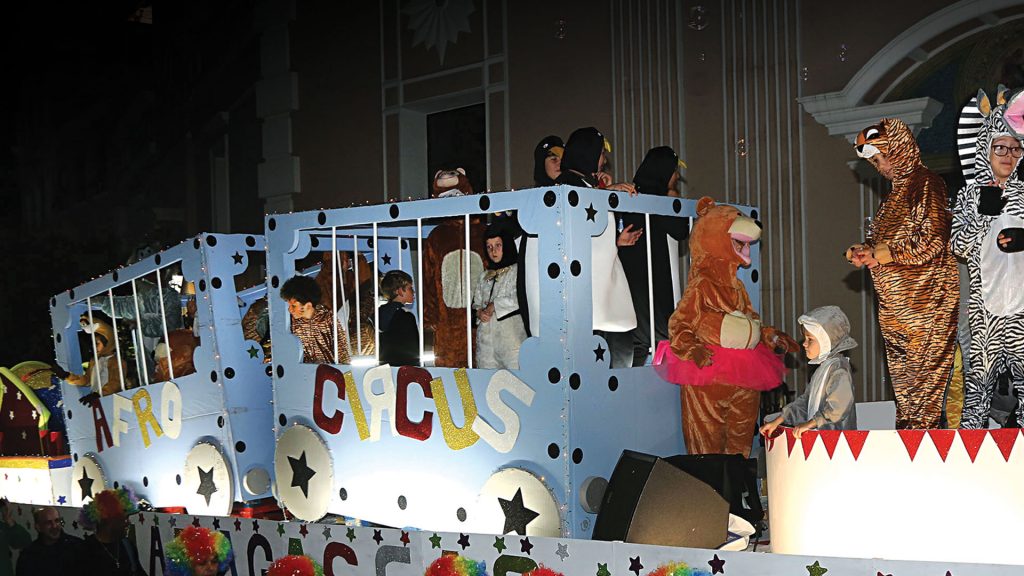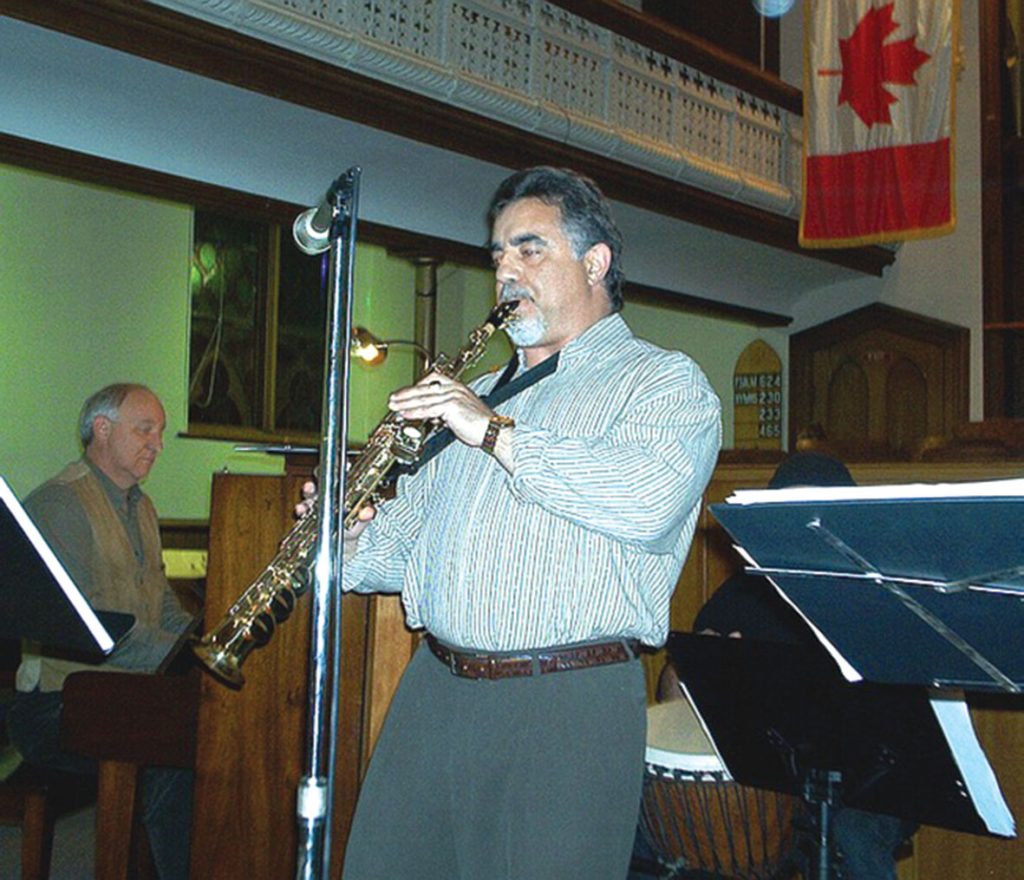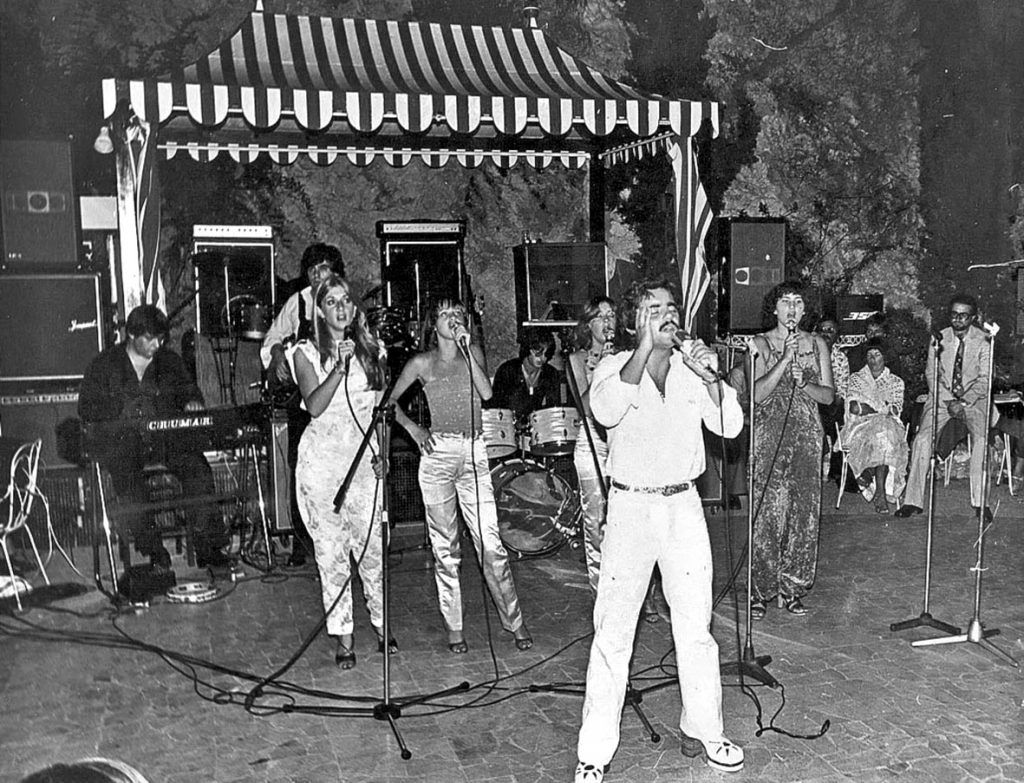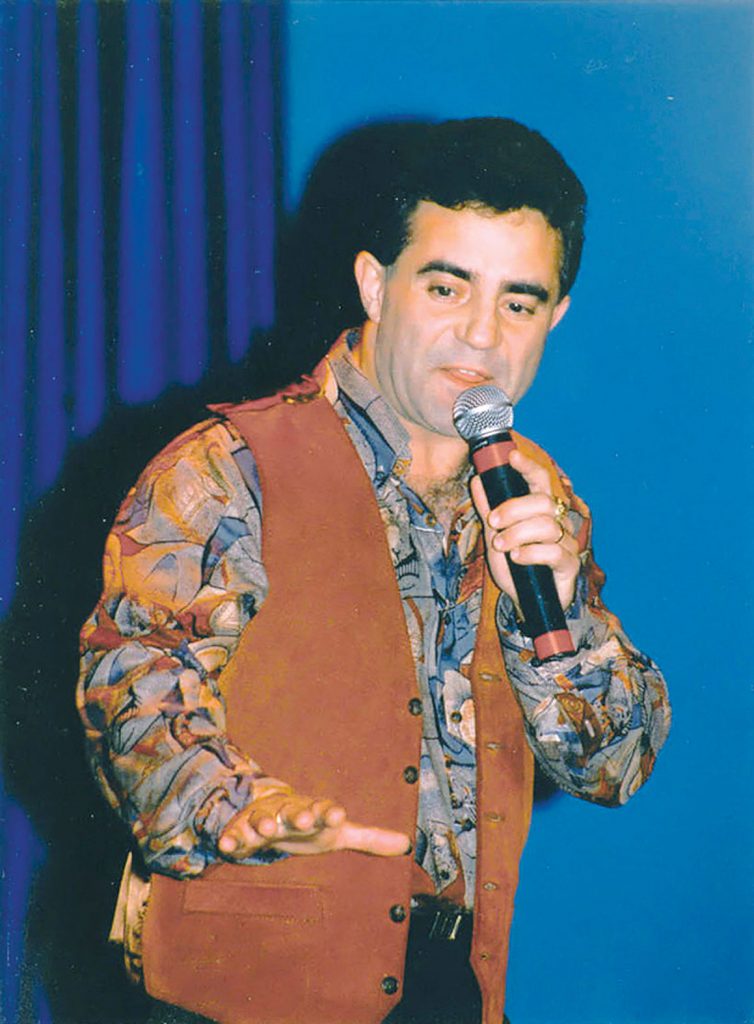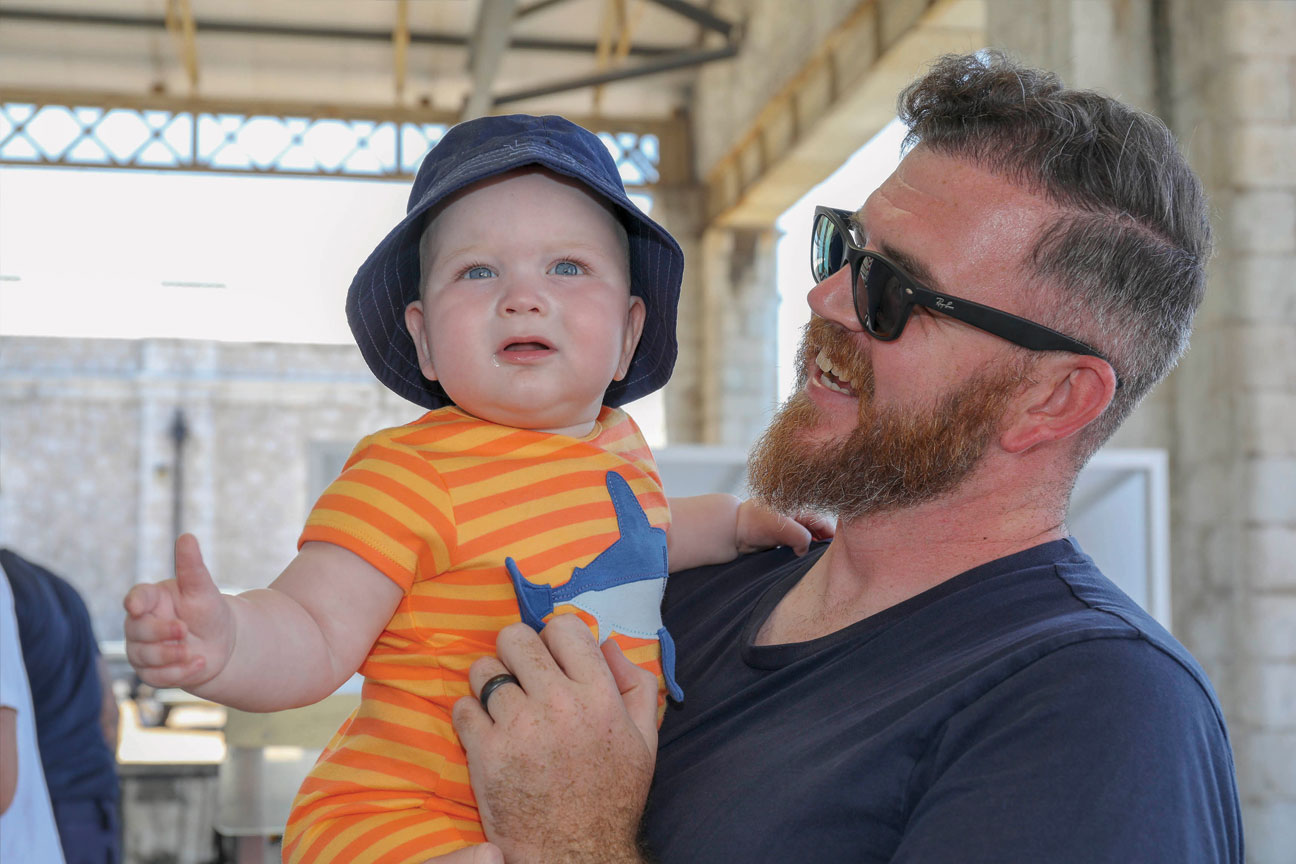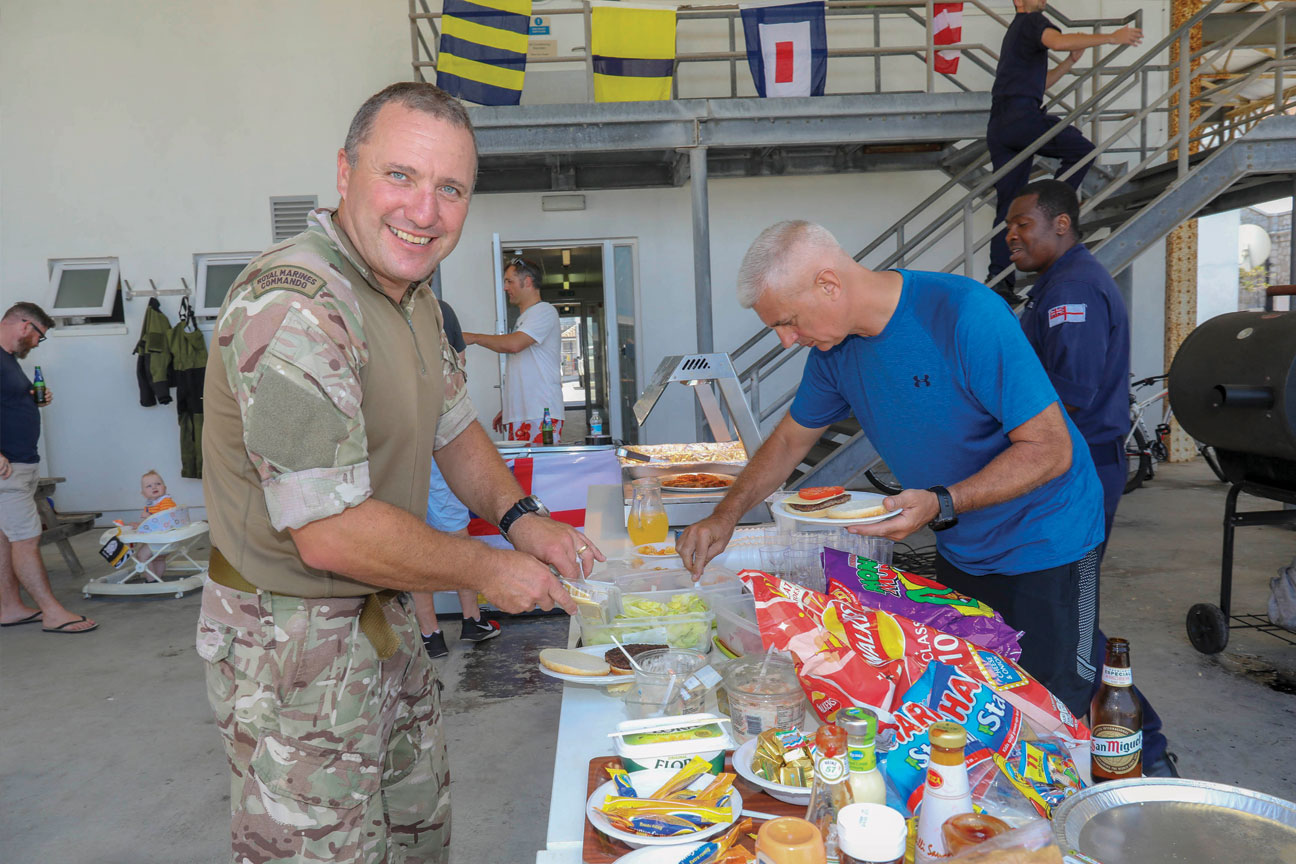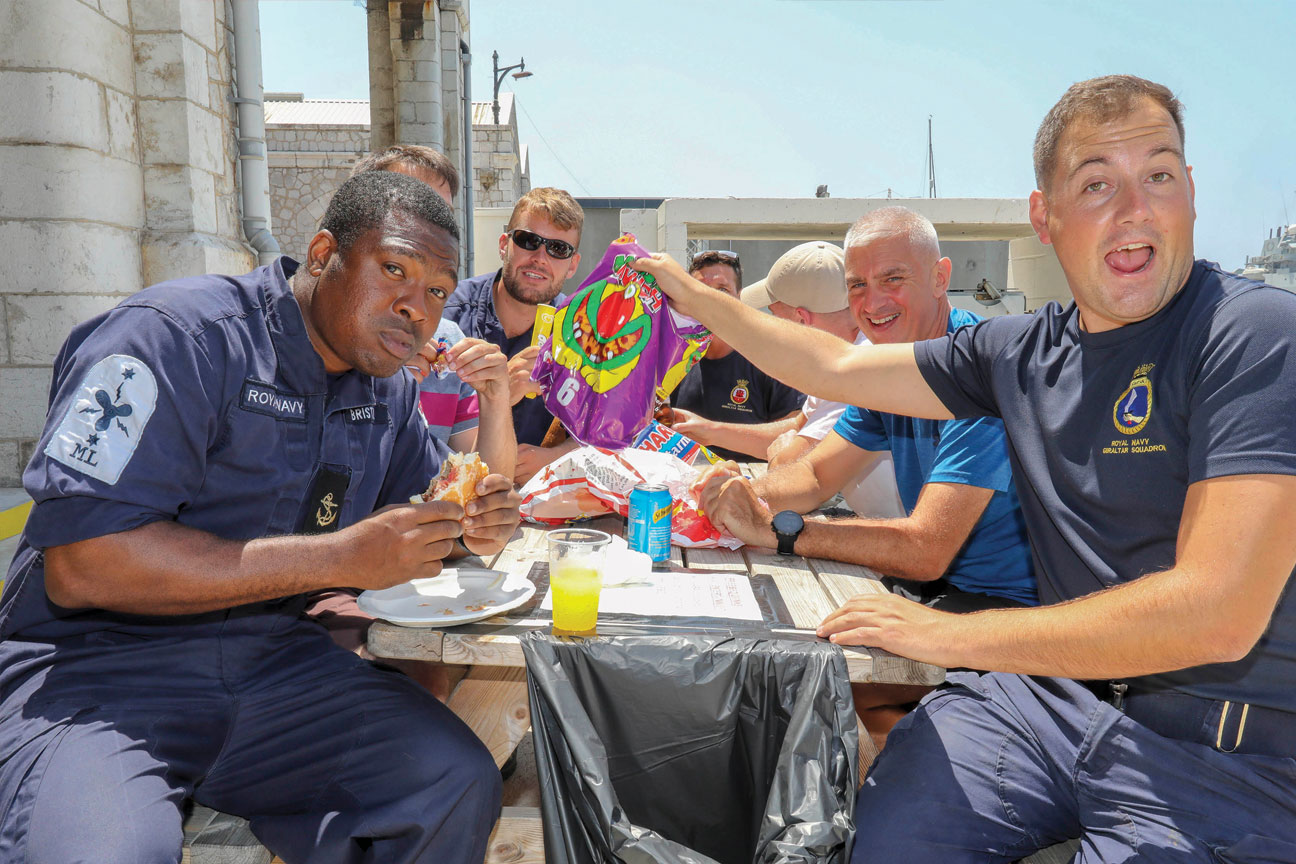Where in the world is… Gibraltar?
There is only one Gibraltar, or is there? With stories that people who receive Google Alerts or who are using Google Search for news about Gibraltar are getting a bit confused when they suddenly realise that it is not our Gibraltar, the British Overseas Territory located at the southern tip of the Iberian Peninsula that they are reading about, but in fact Gibraltar a small city in Wayne County in the U.S. state of Michigan, we decided to investigate.
According to Geotargit.com website, there are 32 places called Gibraltar in the world. Not surprisingly the name is often given to mountains or hills due to their obvious resemblance to our Rock.
Canada
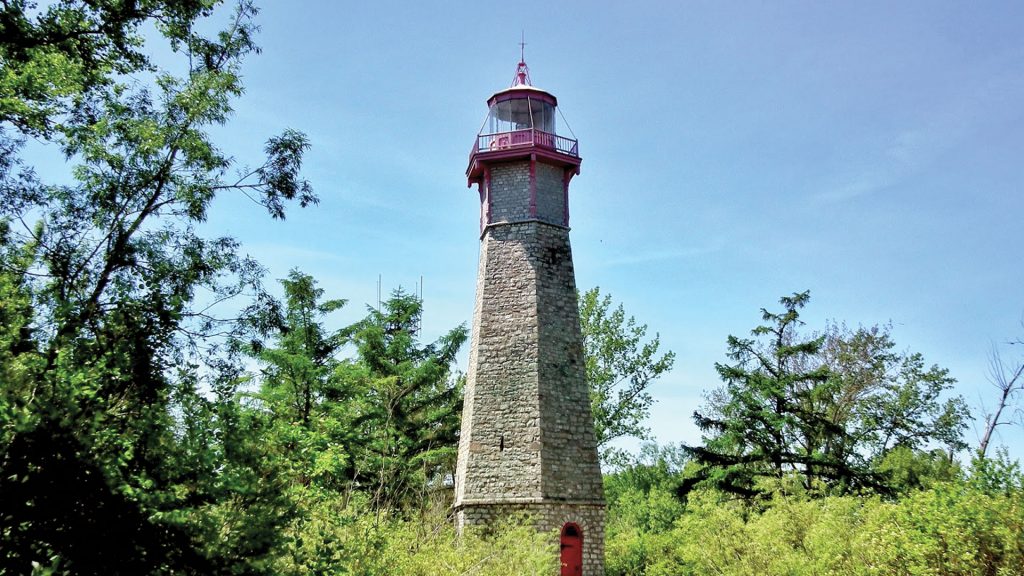
Located in the French River in the province of Ontario in east-central Canada, Gibraltar Rock is a popular summit from which death-defying jumpers often leap. Published in 1832, a book titled The Columbia River by Ross Cox commented that “The Canadians, who are very fertile in baptizing remarkable places, called an island near our encampment of the 6th Gibraltar, from the rocky steepness of its shore.” (p.118)
Gibraltar Point Lighthouse, located on the Toronto Islands in Toronto, was named by John Graves Simcoe, Ontario’s first lieutenant-governor, after what we know as Europa Point, who also chose it as the site for one of the new lighthouses he was planning along the Great Lakes. The lighthouse is the oldest one left on the Great Lakes and the second oldest in Canada. It was built in 1808 and guided ships to Toronto’s harbour from what was then a sandy peninsula until it was decommissioned in 1958.
USA
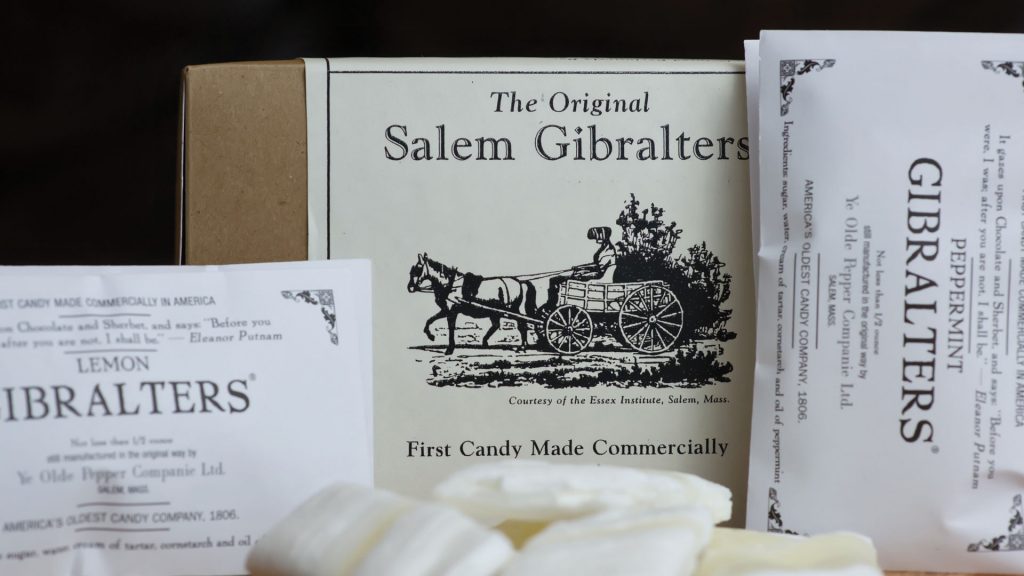
Even more confusing is the fact that if you had a craving for some ‘Gibraltar Candies’ you would be forgiven for thinking that you were eating sweets produced here in Gibraltar, when in fact you would be indulging in confectionary renowned to be the first candy produced in America. Also known as ‘Gibraltar Rocks’, presumably because the candy is so hard to break apart, the white candy comes in either lemon or peppermint flavours and apparently melts in the mouth. They originate from Salem, Massachusetts, in the early 19th-century when an English family set sail for America. They lost all their worldly goods in a shipwreck and arrived in Salem in a destitute condition. Mary Spencer (a widowed single mother) started the company with a barrel of sugar given to her by some of her neighbours on Buffum Street in 1806 and Mary Spencer’s ‘Salem, Gibraltars’ were born! They are now sold by America’s oldest candy company, Ye Olde Pepper Companie based in Salem.
American novelist Nathaniel Hawthorne was born in Salem and had a special fondness for the candies. He sent some to his sister Louisa and in his letter said: “I send Susannah’s Gibraltars. There were fourteen of them originally, but I doubt whether there will be quite a dozen when she gets them.” He also mentioned the sweets in two of his novels. In The House of the Seven Gables, published in 1851, a character named Hepzibah Pyncheon operates a little “cent-shop” which contained “a glass pickle-jar, filled with fragments of Gibraltar rock; not, indeed, splinters of the veritable stone foundation of the famous fortress, but bits of delectable candy, neatly done up in white paper.” And in Hawthorne’s short story “The Old Apple-Dealer” there is a mention of “that delectable condiment, known by children as Gibraltar rock.”
AUSTRALIA
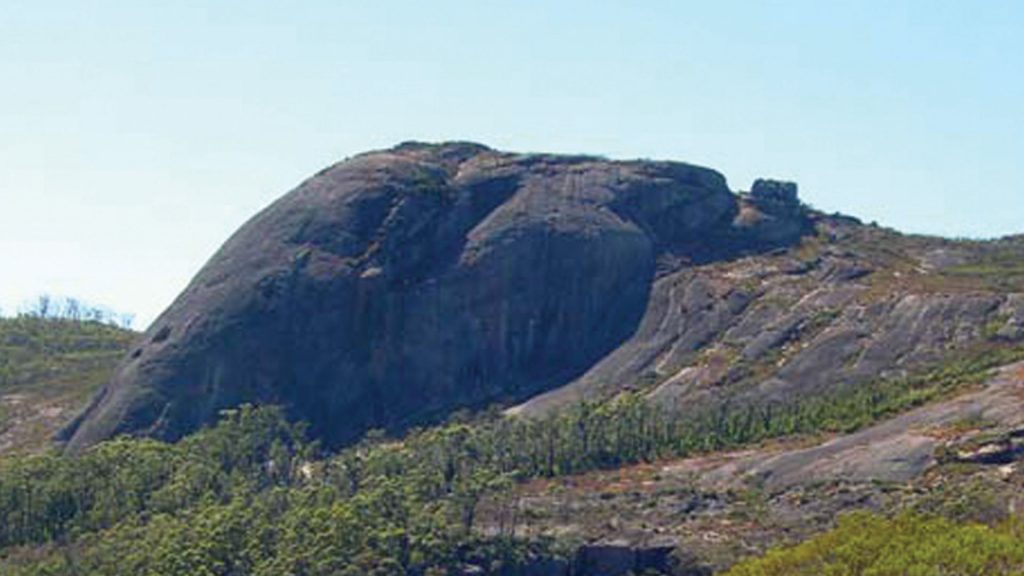
Another popular place for rock climbing enthusiasts is the 2,100 feet (640 metres) high granite outcrop known as Gibraltar Rock in the Porongurup National Park, south of Perth, in Western Australia. The Porongurup region is well known for its vineyards because the Mediterranean climate and long ripening season of the region produces exceptional quality fruit with intense flavours. One of the two oldest vineyards in the region was Gibraltar Rock, acquired by the Burch family in 2010, which provides the majority of fruit for their Howard Park label Rieslings.
Then there is the Gibraltar Range National Park situated in one of the Gondwana Rainforests of Australia, recognised as part of the Central Eastern Rainforest Reserves of Australia, a World Heritage area, featuring rugged trails perfect for hiking and six spectacular granite columns rising out of Dandahra Gorge known as The Needles.
Colombia
There are also 10 places in Colombia, South America with the name Gibraltar. One of which is in the region of Antioquia, where Gibraltar is a town located some 223 km North-West of Bogotá, the country’s capital.

